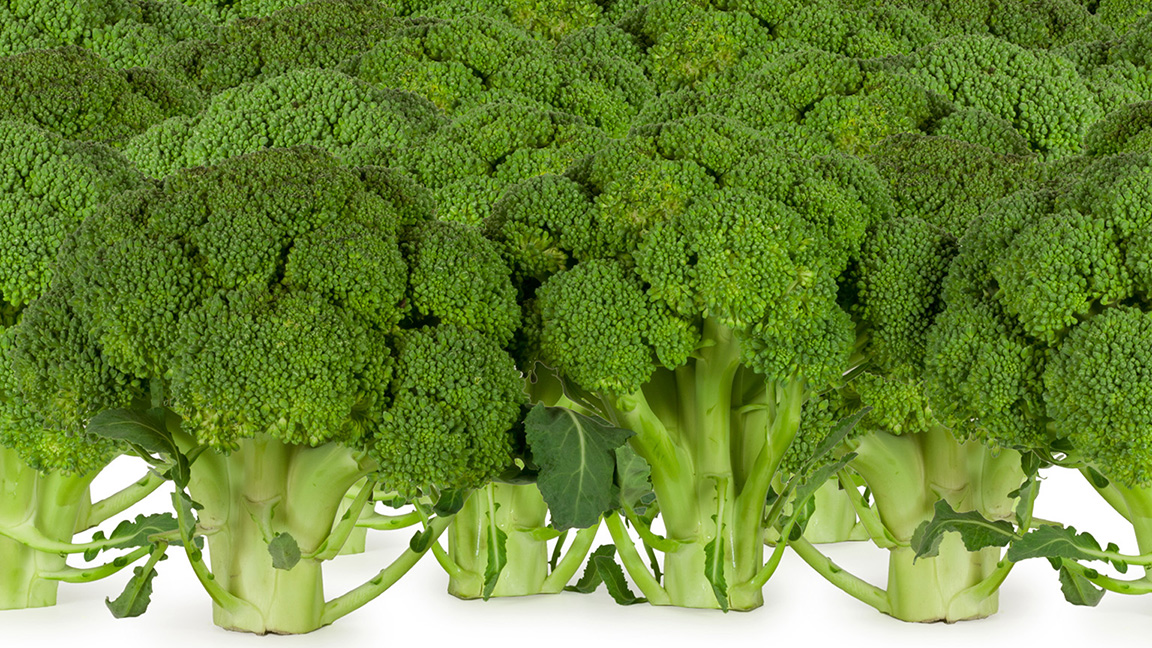
I’VE SPENT FULL months’ worth of my life, possibly more than a year, washing and trimming and chopping vegetables, but because the work is so boring I almost always spend that time thinking about anything other than the washing and trimming and chopping. As a result, it took me all this time before I understood precisely what is so annoying about the job, and even then, it was really a result of a conversation afterward, rather than my private thinking about the problem.
We’d just finished eating broccoli—beef and broccoli, specifically—which is a vegetable I particularly like to eat and even more particularly hate to prepare. That is, I eat broccoli less often than I would like to eat it, because I choose, consciously and unconsciously, to avoid the work of preparing it. I don’t buy it as often as easier vegetables, and when I do buy it, I tend to leave it in the crisper drawer until I have no choice.
The problem (I would have said, without thinking closely about it) is that the broccoli is much better when it’s peeled, and peeling it is especially dull and time-consuming. But this particular night, the broccoli was easy to peel. It was so easy, it made me regret not having broccoli more often. I was trying to express why this broccoli had peeled so easily, when my wife—who will sometimes break my near-monopoly on the household vegetable work to peel the broccoli herself, when I’ve been avoiding it in the crisper for too long—hit on the truth about it: it’s not really about the peeling. It’s about deciding when to stop peeling.
With each broken-off floret, you start peeling at the bottom, where the stem is a single unit, on which the peel is dark green and thick and obviously undesirable to eat. But as the peel comes away and ascends, it becomes paler and thinner, and the broccoli starts branching into littler parts, and you have to figure out where to stop. If you pull it all the way to the top, you’ll start wrecking the floret and crumbling off little bits of the buds; if you trim it off early, you might leave some less-than-tender peel. Each time, you need to decide when it’s good enough.
And you have to make this small, inane, barely conscious choice over and over and over, while the rest of your brain is desperately trying to pay attention to anything else in the world. It’s the same way the legs rebel in a museum from the endless stopping and starting, fed up with heaving the mass of the body back and forth between the same two goddamn inertial states while the eyes and the mind are being entertained by inexhaustible variety. It’s just a little bit of effort, but that’s what makes it so demanding.
This is even clearer with the dou miao, the pea shoots that I’ve been cooking since I figured out the Chinese grocery delivery company carries them. Dou miao are as good to eat as vegetables get, and they could not be easier to cook: into a hot pan with oil and garlic and out again in moments. But first they need to be washed, and in each shoot’s individual curling tangle of leaves and hollow stems, there are two or more slightly dried-out cut ends to be found and trimmed back. Even so, I’ve learned not to put the dou miao off in the crisper for later, because after a very brief period of neglect, they’ll start developing soft, wilted tips and edges, which have to be hunted down and diagnosed and nipped off, on top of the regular trimming. There’s no appeal to procrastinating if you end up with more work later in absolute terms.
This particular batch of broccoli was easy to peel because, by some happy chance, the peel happened to break off at precisely the point where it was clear it didn’t need to go any further. All these years, the problem hasn’t really been the mindlessness of the job. It’s been the tiny, annoying amount of attention the job secretly requires.
